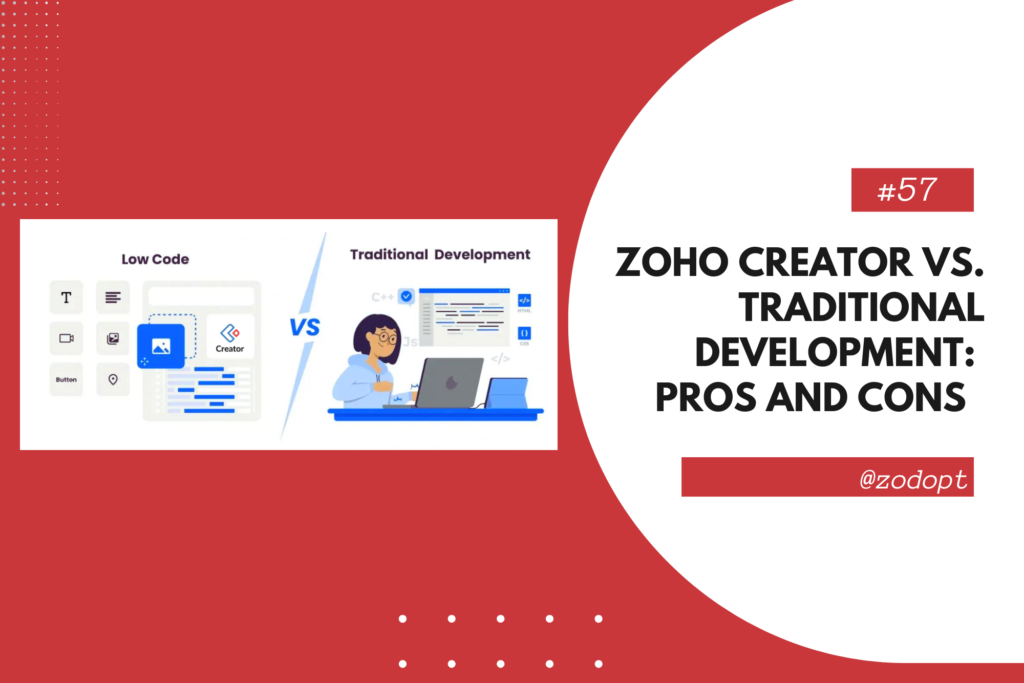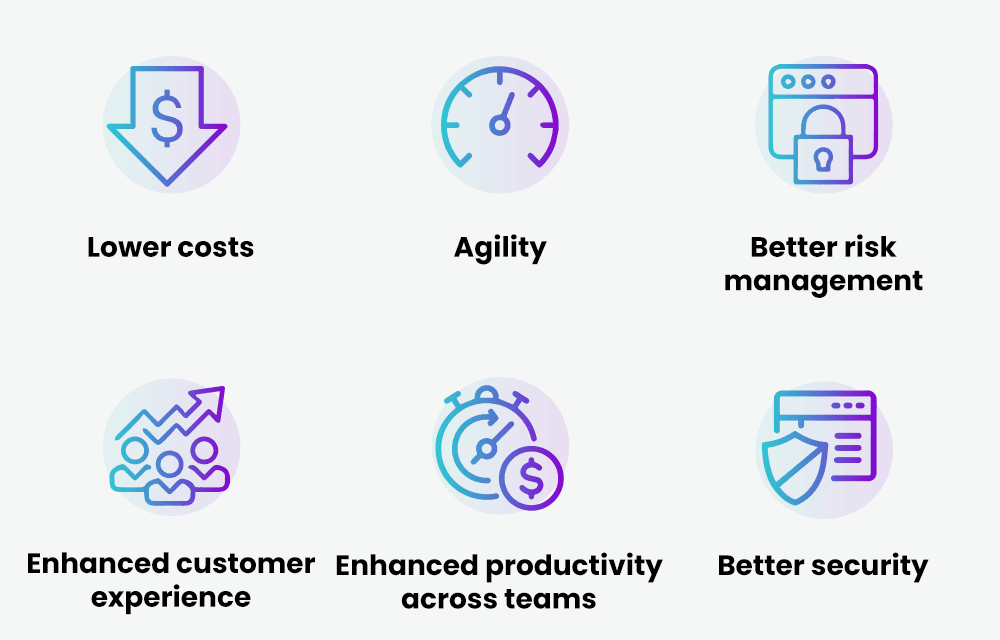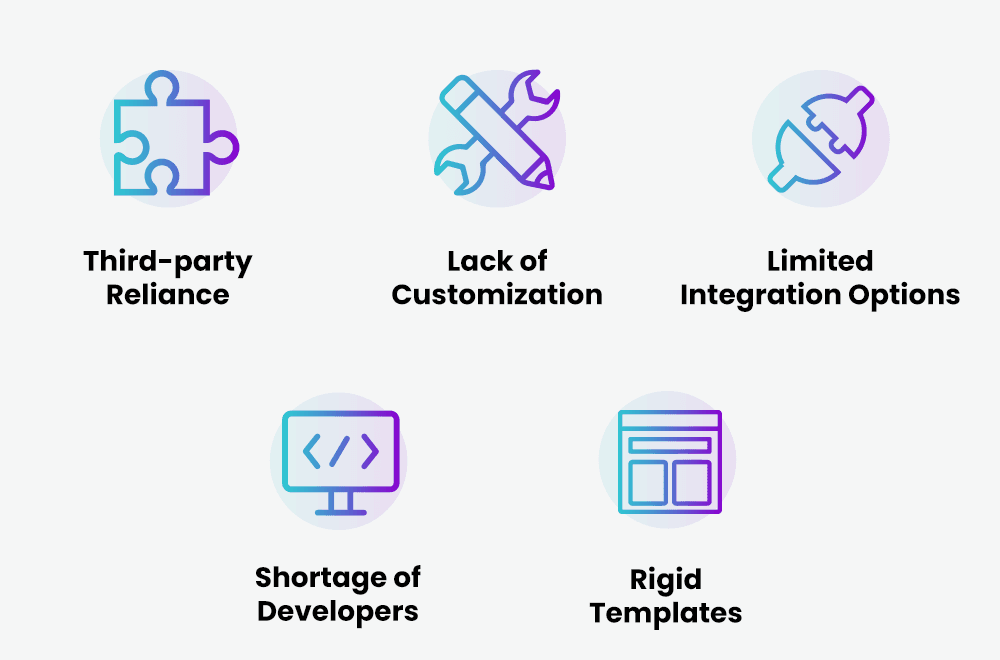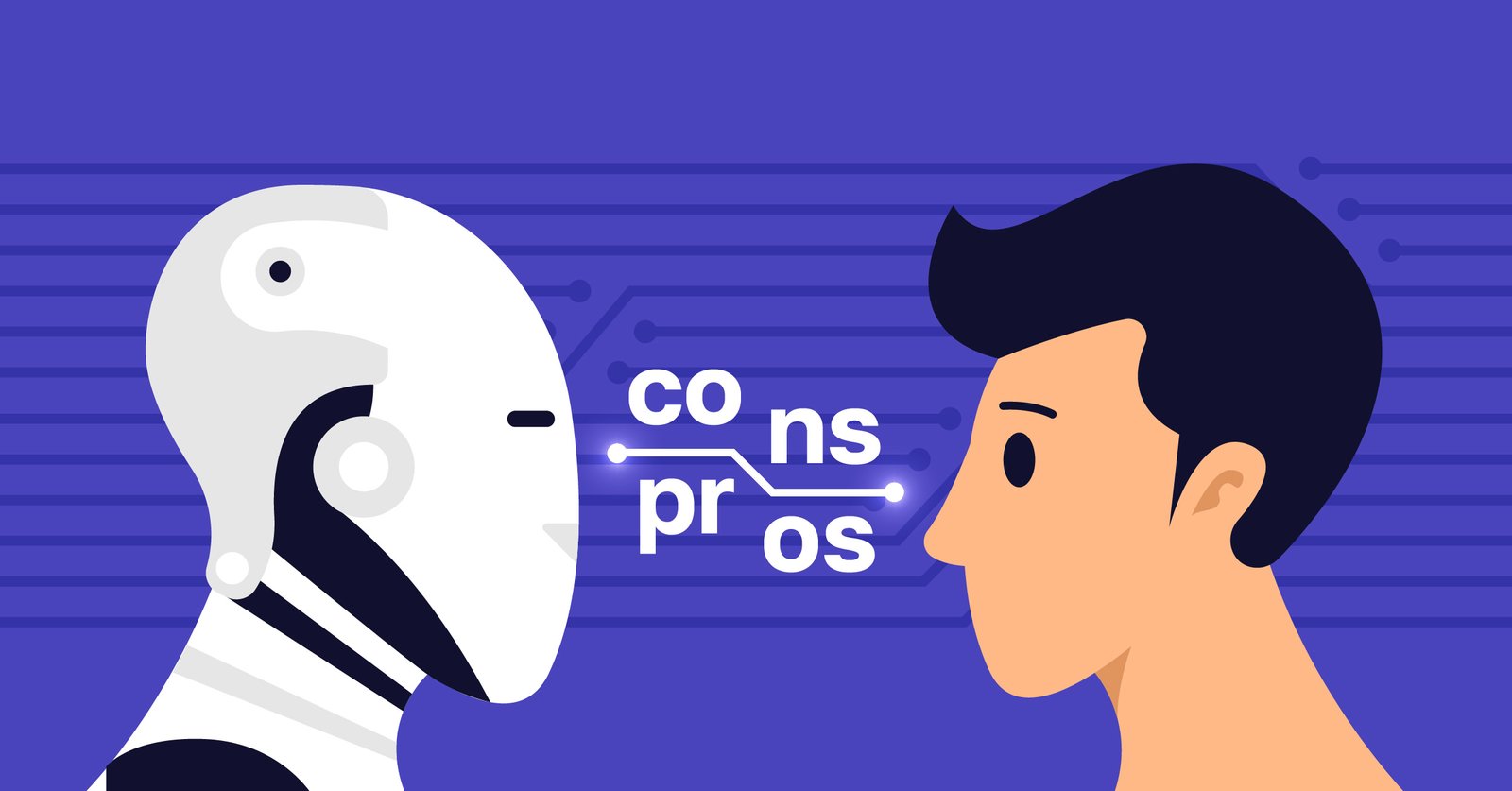- #46/17 G V Plaza, 12th Main Road, 1st Block, Rajajinagar
- enquiry@zodopt.com
- +91 8647878785
Introduction
Zoho Creator vs Traditional Development: Key Pros and Cons

In today’s fast-paced business environment, the demand for custom software solutions is ever-present. Yet, the paths to fulfill these needs diverge. Zoho Creator vs Traditional Development highlights two distinct approaches to app creation, with Zoho Creator standing as a prominent low-code platform alternative.
This comprehensive guide aims to shed light on both methodologies, outlining their strengths and weaknesses, to help you make an informed choice tailored to your project’s unique requirements and resources.
Zoho Creator: The Low-Code Advantage
Zoho Creator is a powerful low-code platform that enables rapid application development with minimal coding. It utilizes a visual, drag-and-drop interface, coupled with pre-built components and a simplified scripting language, to empower both technical and non-technical users to create custom applications.
Pros of Zoho Creator:

Accelerated Development: The visual interface and pre-built components significantly reduce development time, allowing you to build and deploy applications much faster than traditional coding.
Reduced Costs: Minimize development costs by eliminating the need for extensive coding expertise and specialized IT resources.
Increased Agility: Respond swiftly to changing business needs and market demands with the ability to rapidly modify and iterate applications.
Enhanced Collaboration: Bridge the gap between IT and business teams, fostering collaboration and alignment throughout the development process.
Empowerment of Citizen Developers: Enable business users with limited technical skills to create and manage applications, fostering innovation and self-sufficiency.
Cons of Zoho Creator:

Customization Limitations: While highly flexible, Zoho Creator might have limitations when it comes to building highly complex or specialized applications.
Performance Considerations: For extremely high-volume or resource-intensive applications, traditional development might offer better performance optimization.
Vendor Lock-In: Choosing a low-code platform like Zoho Creator might lead to vendor lock-in, making it challenging to migrate your applications to another platform in the future.
READ MORE : Automating Business Processes with Zoho Creator: A Comprehensive Guide
Traditional Development: The Coding Powerhouse

Traditional development involves writing code from scratch using programming languages and frameworks. This approach offers greater control and flexibility, but requires skilled developers and longer development cycles.
Pros of Traditional Development:
Unmatched Flexibility and Customization: Build any type of application with complete control over its architecture, functionality, and design.
Performance Optimization: Achieve optimal performance for high-volume or resource-intensive applications through fine-grained code optimization.
Platform Independence: Avoid vendor lock-in and maintain ownership of your source code.
Cons of Traditional Development:
Longer Development Cycles: The coding process can be time-consuming, leading to longer development cycles and delayed time-to-market.
Higher Costs: Requires skilled developers and specialized IT resources, increasing development costs.
Technical Complexity: Demands coding expertise and a deep understanding of programming languages and frameworks.
Potential for Bottlenecks: Reliance on IT departments for application development can create backlogs and delays.
Zoho Creator vs Traditional Development: Choosing the Right Approach
The optimal choice between Zoho Creator and traditional development hinges on various factors:
Project Complexity: For simpler applications or those requiring rapid development, Zoho Creator is ideal. For highly complex or specialized solutions, traditional development might be more suitable.
Budget and Resources: Zoho Creator offers a cost-effective solution, while traditional development can be more expensive due to the need for skilled developers.
Time-to-Market: If speed is critical, Zoho Creator’s accelerated development capabilities are advantageous. Traditional development might involve longer development cycles.
Customization Needs: Zoho Creator offers ample customization options, but traditional development provides ultimate flexibility for highly tailored applications.
Technical Expertise: If you have a team of skilled developers, traditional development might be a natural choice. Otherwise, Zoho Creator empowers citizen developers to build applications without coding expertise.
Long-Term Goals: Consider your long-term plans for the application. Zoho Creator might involve vendor lock-in, while traditional development offers platform independence.
Conclusion
Zoho Creator vs Traditional Development reveals strengths and limitations in each approach, helping businesses decide based on their unique needs. Zoho Creator excels in rapid development, cost-effectiveness, and empowerment of citizen developers. Traditional development shines in terms of flexibility, customization, and performance optimization.
By carefully evaluating your project’s requirements, budget, resources, and long-term goals, you can make an informed decision and choose the most suitable approach for your software development needs.
Remember, the ultimate goal is to create applications that meet your business needs, streamline processes, and drive growth. Whether you opt for Zoho Creator’s low-code efficiency or traditional development’s coding powerhouse, prioritize the approach that best aligns with your vision and empowers your organization to thrive in the digital age.
If you are looking for Zoho Creator implementation or support contact us today.
Zoho Marketing Automation: Nurture Your Leads Effectively
AI Emails in Zoho CRM: Create with ChatGPT
Newsletter
Get Our Latest Updated
Connect
- #46/17 G V Plaza, 12th Main Road, 1st Block, Rajajinagar, Karnataka, Bangalore - 560010
- enquiry@zodopt.com
- +91 8647878785
